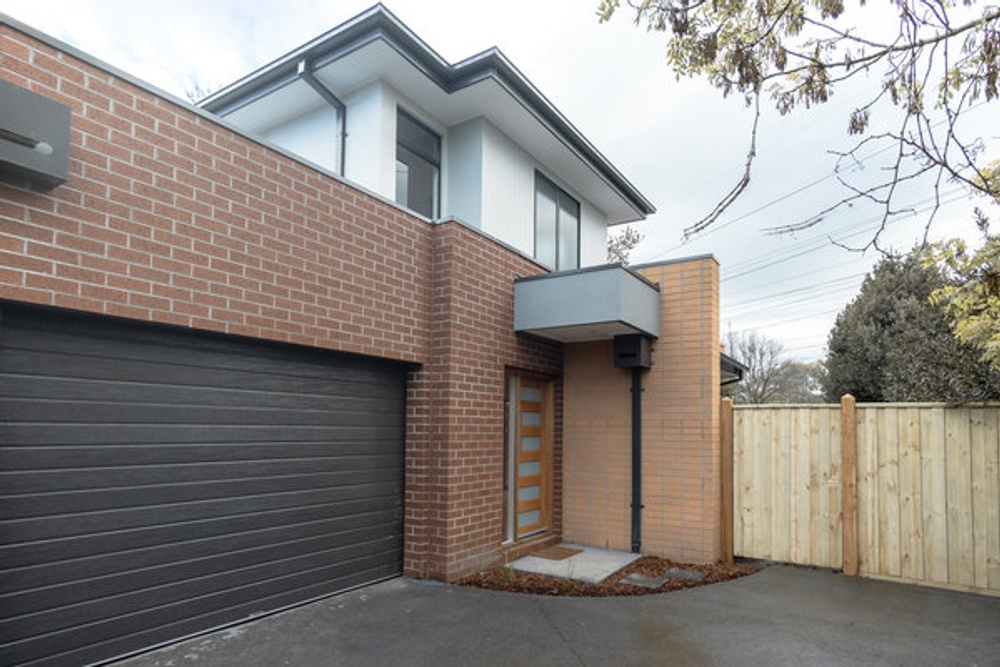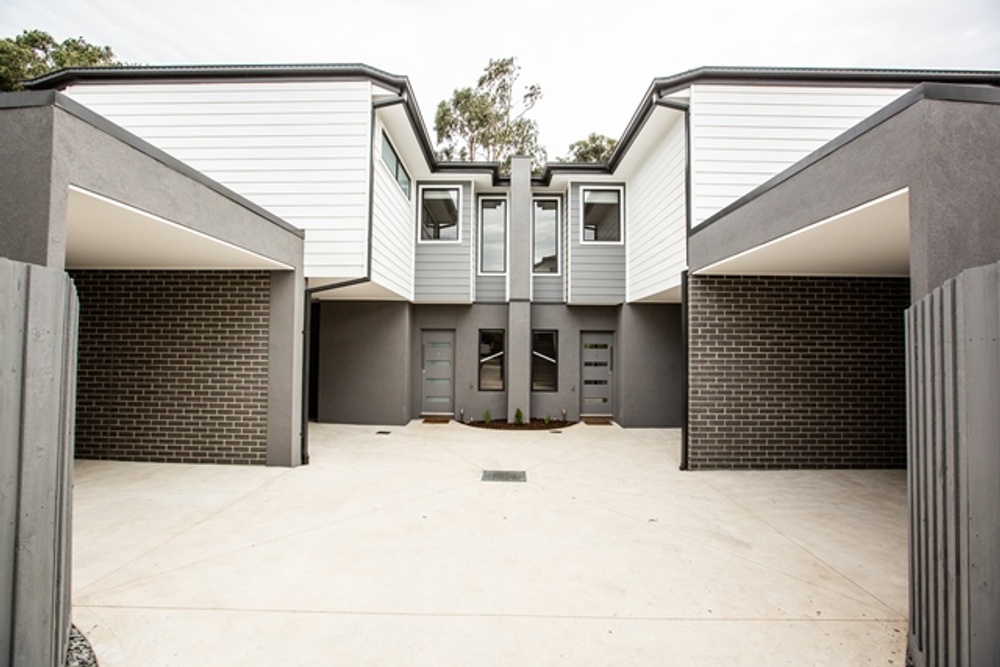Dual occupancy homes are quickly becoming an attractive choice for investors and family homes. However, the whole process can take upwards of two years, including assessing the block, planning, approvals, and construction. Here's some helpful tips to help you through the process.
Check Out Your Block
The first step is to evaluate whether a dual occupancy plan is the right fit for your block of land Your local council are responsible for issuing you the planning permit so it's a good idea to check with them first. Contact your council and check the zoning of your block to see if a development is feasible.
Also ask for your title, sewer information, legal point of discharge, and any other building information associated with your land. This will really help in the next stage of planning & design to make the town planning process quicker for you and give you peace of mind moving forward.
You will then need to engage a town planner and drafter to take you through the whole process of town planning approval, designing & preparing plans.

Think About Your Floorplan
One of the most crucial parts of a dual occupancy build is the floorplan. Take the time to think about every inch of space you have.
Dual blocks can use the space to their advantage, so be sure to do your homework and think about the layout of both spaces.
Consider parking space for cars, and space for gardens and outdoor entertainment. This will transform your property into a more desirable home once it’s complete.

Building Your Home
Once you have council approval, it is time to turn those construction drawings into reality and find a builder. There are some builders that can help you from the very start, but it can be a long process.
The majority of builders will want you to have council approval, and some require engineering drawings completed before they can quote.
It's best to also pass on to builders a detailed list of your inclusions done also so you can get comparative quotes.
Who Can You Work with to Create Your Dual Occupancy Build?
It depends on your location, block type, and budget as to whether you're better suited to a builder with standard dual occupancy plans, or a custom builder. Get in touch with our homeshelf team if you have any questions.